 By Carole Hyder
By Carole Hyder
Chinese gardens are a big draw for people traveling to the Middle Kingdom. Many of the Chinese tours that my husband and I led over the years often focused on gardens in southern China. Walking through these gardens where every item was intentionally positioned is a very tactile Feng Shui experience.
Each garden was planned to be a microcosm of a natural setting: rocks represented mountains, plants represented trees, a stream stood for the river. No vegetables or flowers were used in these gardens since the gardeners did not want to be perceived as peddlers, selling what they grew. Instead they nurtured their gardens and then painted them as though they were real-life settings. Many gardeners actually became famous as painters, when their real passion was gardening.

Perhaps the biggest difference between the gardens we construct today and traditional Chinese gardens is that theirs were laid out before any buildings were planned. After the garden was designed, the houses, pavilions, guest houses were placed accordingly. Unlike our process where we fit the garden around our homes, the Chinese built their gardens, dedicating only about 30% to buildings. People, in effect, lived in their gardens.
Here are some specific features a Chinese garden would include:
Water – which revives the spirit, washes away evil, and reflects without distortion, needed to move AND it needed to be reflective. Fountains were not used since a fountain would force water to behave in ways it wouldn’t normally.
Rocks – represented mountains which, in Chinese culture, had supernatural powers. The more interesting the rock, the better. It could stimulate the imagination and provoke meditative moments.
In-Motion Viewing – necessitates a path to provide a self-directed way to see the garden.
In-Position Viewing – offers a place to sit and ponder the garden.
A Secret – provides something unexpected—-a gazebo hidden in the corner, a tea house tucked behind a tree—and keeps interest alive while visiting the garden.

Although man-made, the Chinese gardens have become legendary. They beautifully exemplify the Taoist belief that the relationship between man and nature is the most important. We can all learn about our own relationship to nature from the intentional, aesthetically thoughtful, and powerful Chinese gardens—-whether we have our own garden or not.
 Realtors often use the term “curb appeal” when getting a home ready to sell. It means that the home should look attractive from the minute someone gets out of their car. The reason is that a good first impression can positively impact the rest of their experience with the home.
Realtors often use the term “curb appeal” when getting a home ready to sell. It means that the home should look attractive from the minute someone gets out of their car. The reason is that a good first impression can positively impact the rest of their experience with the home.





 This all started because our neighbors sit out on their front patio and have coffee on weekend mornings and sometimes wine in the evenings. Their dog would wander around their front yard. I would watch them and think how sweet—–they would wave and talk to people walking by. Over the top of their newspaper they’d acknowledge someone with a smile. I suddenly realized that I wanted a place to sit in front of our house.
This all started because our neighbors sit out on their front patio and have coffee on weekend mornings and sometimes wine in the evenings. Their dog would wander around their front yard. I would watch them and think how sweet—–they would wave and talk to people walking by. Over the top of their newspaper they’d acknowledge someone with a smile. I suddenly realized that I wanted a place to sit in front of our house.
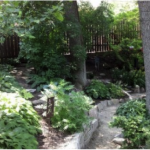
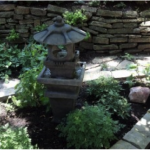
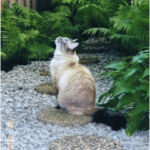
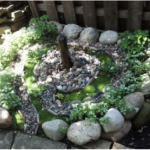
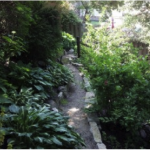
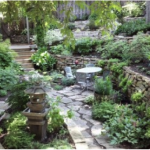





Recent Comments